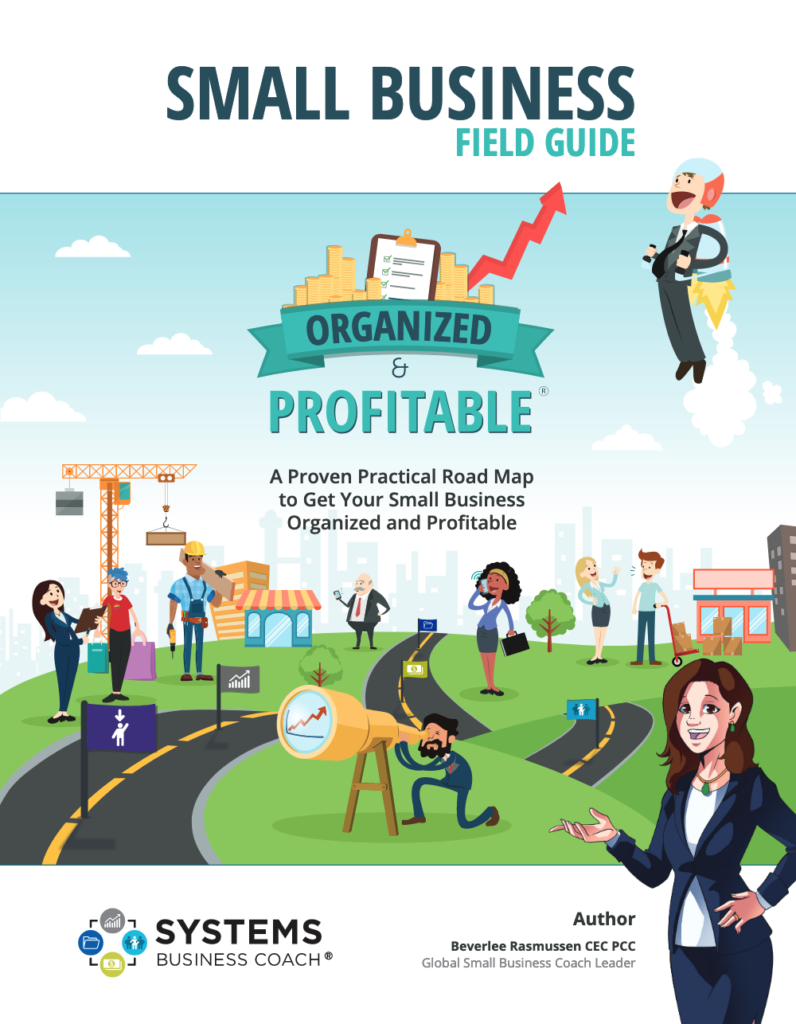Entrepreneurs are notorious for “winging it” when it comes to wages in their small business. This includes deciding the hourly wage or annual salary they pay workers, the number of hours worked, optional benefits and raises.
Each organization has a limit on what it can pay to stay in business. Know your limit! Create a system to measure every dollar you spend on wages. A little research will provide you with your industry standards for wage cost percentages as a guideline.

1. Your own wage
As the owner, not paying yourself or paying yourself less than a market wage creates a false economy in your business. Unless you had planned to be a volunteer in this organization calculate the value of the work you personally do and include that in your budget.
If the business is not profitable when you include your wage then it’s not yet a viable business and adjustments need to be made so that it is.
Put aside funds for holiday bonuses, training, staff parties, meals and emergencies when you may need to add extra team members to cover unexpected events.
2. Raises
Typically for each $1.00 per hour you pay your team equals approximately $2500.00 per year of your company’s revenue. You can use online calculators to determine the cost of a raise.
Choose raises based on return on investment.
More effort = more results = more money you will have for raises.
A great systems strategy is to monitor wage costs regularly. Depending on your specific type of business this could be daily, weekly or at least monthly.
3. Productivity
Make the most out of the wages you pay!
Put into place tools to monitor productivity and policies to deter wage theft.
A company that I worked with had an unusual number of employees going to funerals on Fridays until the boss questioned the trend. Once a simple policy system was put in place that required employees to provide a copy of the death notice the drop in these events was over 80%. (Oops!)
Until next week, enjoy your Entrepreneurial Journey!

The Small Business Field Guide

This blog highlights only a few of the skills small business leaders need to run a profitable business. If you want to learn more, grab a copy of the Small Business Field Guide.
This guide covers everything you need to know to have a prosperous business.











